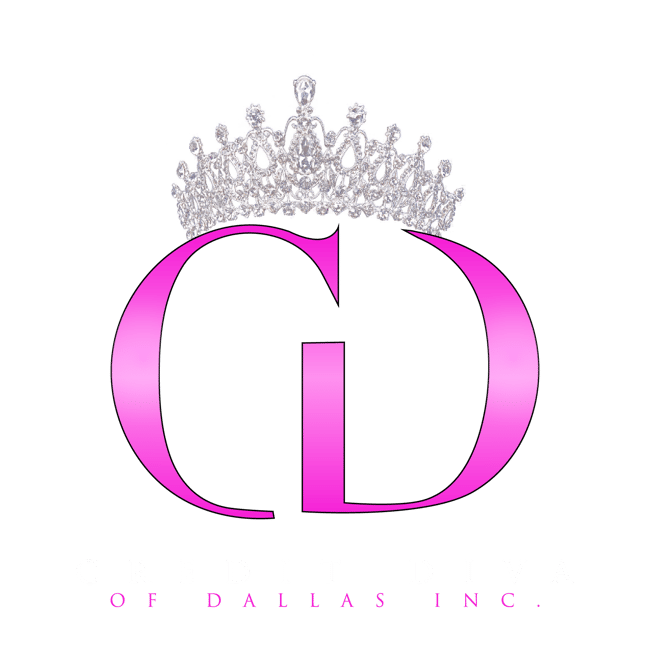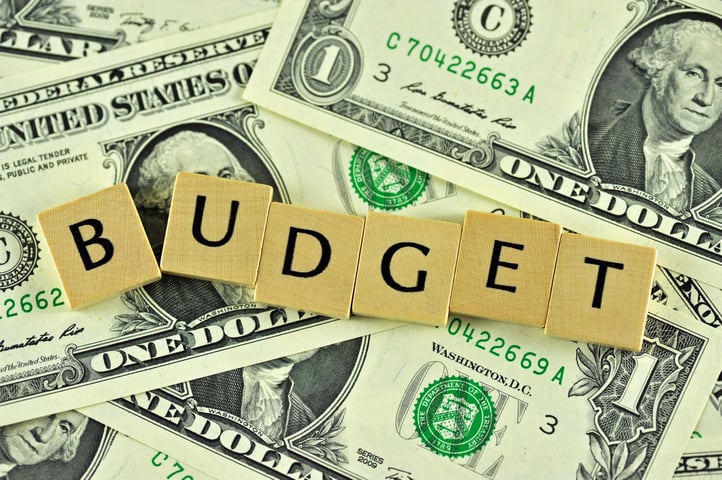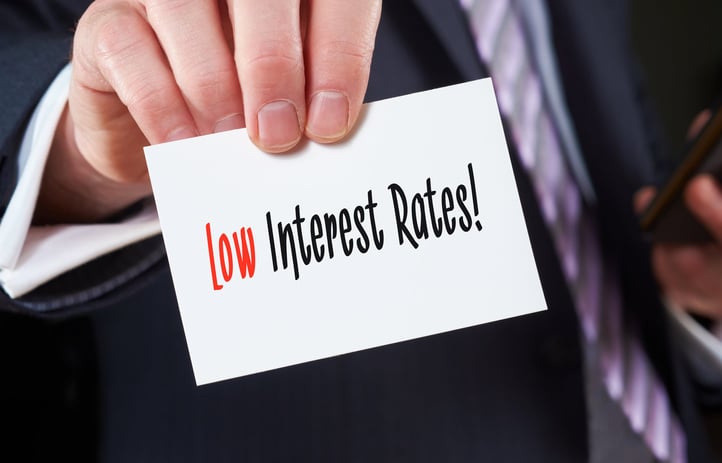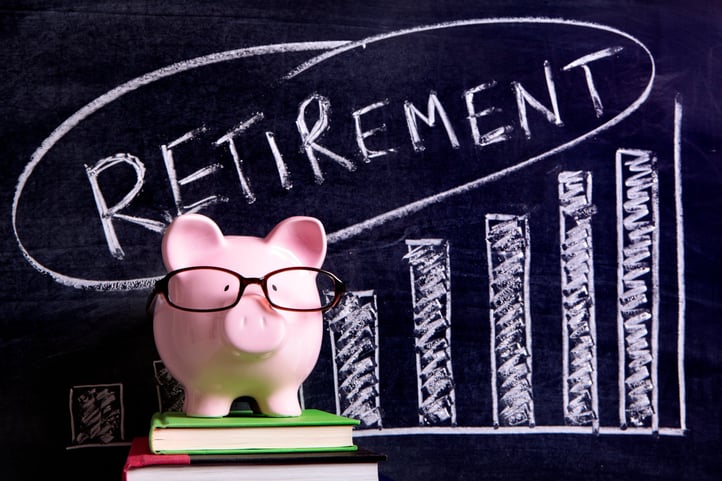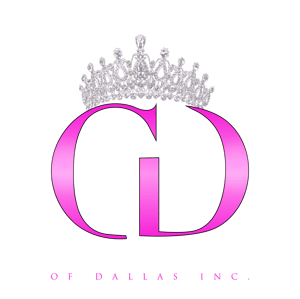Sometimes, unexpected expenses or emergencies happen that causes us to fall behind on our bills. It's also entirely understandable that you may have just completely forgotten about that department store credit card you only used one time.
We all get lured in by the promise of a discount now and again, and it's easy to forget to look out for the bill to pay off a charge that was a spur-of-the-moment purchase in the first place. With the way things have been going these last few months, it's just as understandable that you've simply fallen so far behind in payments that, out of frustration, you just stop paying at all.
 You clench your teeth and hit that ignore button when the debt collectors start calling because you've had to choose between a pre-pandemic purchase and putting food on the table.
You clench your teeth and hit that ignore button when the debt collectors start calling because you've had to choose between a pre-pandemic purchase and putting food on the table.
But What Happens to the Account? Does it go away? Will This Fix My Credit?
Another word for an unpaid or a derogatory debt is a 'charge-off.' This is one of the heaviest factors that can weigh down and damage your credit score. Late payments on a charge-off can hurt your score even more—especially if they are recent. A past-due balance on a charge-off also negatively impacts your score.
So, What Happens When You're Hit With a 'Charge-off' on Your Credit Report?
- The lender or credit grantor writes your account off of their receivables as a loss, closing it to future charges.
- It does not mean that the debt is no longer owed; it just means that the account is barred from future use.
- The creditor may continue to report the past due amount and the balance owed, even if they wrote it off as their loss.
- Depending on the loan or credit terms, late fees may also be applied to the charge-off.
What Is the Difference Between Paying off the Debt Versus Settling It?
It is always better for your credit to pay off any debt in full if it is possible. Settling an account means the lender agrees to an amount that is less than the total of the original debt.
While settling an account can be beneficial as opposed to not paying at all, it can still be considered negative depending on who is looking at your credit history report. Companies can still report settled debts or delinquent accounts for generally around seven years after the charge-off, even if it is settled and closed.
I've Settled a Few Charge-Offs—What Should I Do Next? How Can I Fix My Credit?
- Things that will also help rebuild your credit after you settle a debt are to make sure to make your payments on time.
- This is the most prominent aspect of your payment history that indicates a future risk to lenders.
- Even one missed payment can cause a lender to look negatively at your risk for future loans.
A lot of companies offer automatic payments, or you can set reminders to ensure you are never late with a payment. Budgeting (and making sure you stick to it) is the key to good credit, Dallas!

Some Additional Insights From Your Credit Divas That Can Benefit You
- Be careful closing credit accounts: with every account you close, you reduce your credit utilization ratio.
- Also, be careful when applying for any new credit cards: every application for a new credit card counts as a hard inquiry, and too many hard inquiries within a short amount of time negatively impact your score.
- If you have any accounts in collections, pay them off or bring them current as soon as possible.
- Keep an eye on your credit utilization: keep your revolving credit card balances low, and make sure to pay at least above the minimum payment (if not the entire balance in full) as much as possible.
Debt settlement varies in many ways, as well as the best ways to approach it. You can reach out to the debtor to negotiate the terms yourself, but depending on the organization, you may have a difficult time getting them to agree to a payment plan—especially right now!
Your credit can still decrease for up to six years—and some organizations can even leave you further in debt than before you attempted to settle.
Deciding whether or not to settle or pay off debt really depends on your financial goals. There are a lot of variables in the debt settlement process, so seeking help from a credit expert can provide you more tools and information to make the most informed, successful decision you can.
If you're ready to get started, reach out to the dedicated Divas at Credit Diva of Dallas! We're here to help you regain your financial freedom and take back control of your credit report!
